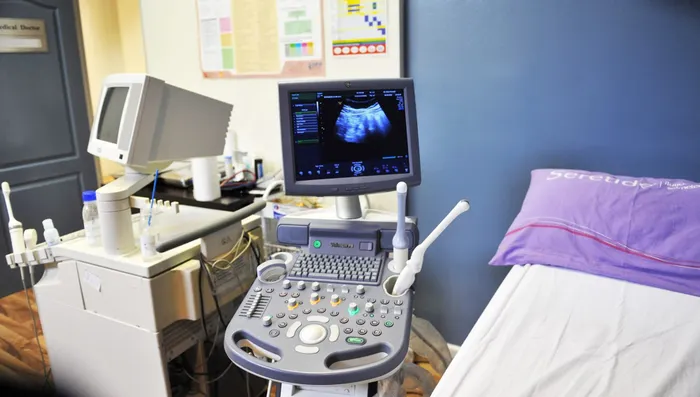KZN woman sues gynae for R5m after swab left in abdomen

File image
A RICHARDS Bay woman is suing her gynaecologist in the Durban High Court for R5 million after a medical swab was allegedly forgotten in her abdomen during a surgical procedure.
Henisha Indurjeeth, 34, has alleged in court papers that she suffered severe pain for 16 months and that her specialist, who she is suing for medical negligence, had not taken steps to investigate her complaints to him about her constant, escalating pain.
The gynaecologist’s attorney, Neelu Ramcharan, said yesterday that he had filed an appearance to defend the matter, but declined to comment further.
She said he had not yet filed his responding court papers.
According to the particulars of the claim, Indurjeeth, who is being represented by attorney Theasen Pillay, consulted with the doctor in February 2017 for fertility treatment, and he prescribed medication.
She was also diagnosed with “polycystic ovarian syndrome” and was told during a follow-up consultation that she had developed fibroids and an ovarian cyst. The specialist advised her that she required corrective surgery.
Indurjeeth underwent “major gynae surgery” in June 2017, according to the doctor’s medical certificate, and began experiencing “pains and discomfort in the area of the surgical procedure”.
However, the doctor advised her that it was “normal for any patient who had undergone surgery to experience discomfort”. She was booked off work for six weeks after the surgery.
According to court papers Indurjeeth “had to continually take pain medication, throughout the day, including sleeping pills” but despite being strong and of a high schedule they did not alleviate her pain. She had taken Microdol, Tramazac and sleeping pills at night to manage her “severe discomfort”.
“The pains affected the plaintiff’s mobility and quality of life. The plaintiff could not readily walk up and down stairs, or for more than short distances, without discomfort,” the papers state.
More than a year later Indurjeeth was eventually examined by another doctor, who felt “something strange” in her abdominal area and referred her to a doctor who ordered a scan.
“The plaintiff was advised that the scan revealed that a swab from the previous procedure, conducted by the defendant, remained in the plaintiff,” the court papers alleged.
According to the radiologist’s report the scan showed a “well-defined, thinly encapsulated 6.6cm x 5.7cm x 7.6cm round mass in the mesentery of the right lower quadrant, slightly displacing the bowel loops around it. The mass is non-enhancing but there is a long, folded and curled hyperdense threadlike object internally.”
Indurjeeth was advised that a further surgical procedure was necessary and during surgery “a surgical swab” which the specialist had allegedly left in her abdomen, was removed. A laboratory report confirmed that a “damp bloodstained swab” had been retrieved by the surgeon on October 1, 2018.
The particulars of the claim alleged that the specialist “had conducted himself, and the surgical procedure, in a negligent and/or grossly negligent and/ or reckless manner” in that he had left the swab inside Indurjeeth’s abdomen and “failed to properly examine and inspect” her for any foreign objects that may have remained in her body before he completed the surgical procedure.
“After the procedure had been completed and when the plaintiff complained about persistent abdominal pains, which increased in severity, the defendant failed to explore the possibility that the surgical procedure was the cause of her complaints,” the court papers said. “He failed to conduct exploratory examinations and/or scans, to rule out the possibility that a swab had been left in the plaintiff.”
The court papers alleged that as a consequence of the gynaecologist’s actions Indurjeeth had “suffered daily excruciating pains, for approximately 16 months” and that she had “limited quality of life and restricted movement”.
The ordeal had left her traumatised and she had to live with her parents for some time because she needed assistance. Her husband had to live alone.
In addition, she found the scar from the second surgery “grotesque and revolting” and she made “every effort” to conceal it.
The court papers further said that she had also suffered from insomnia and withdrawal symptoms after being on strong pain medication and sleeping tablets for 16 months.
This had also led to mood swings and stress, which had affected her personal relationships.